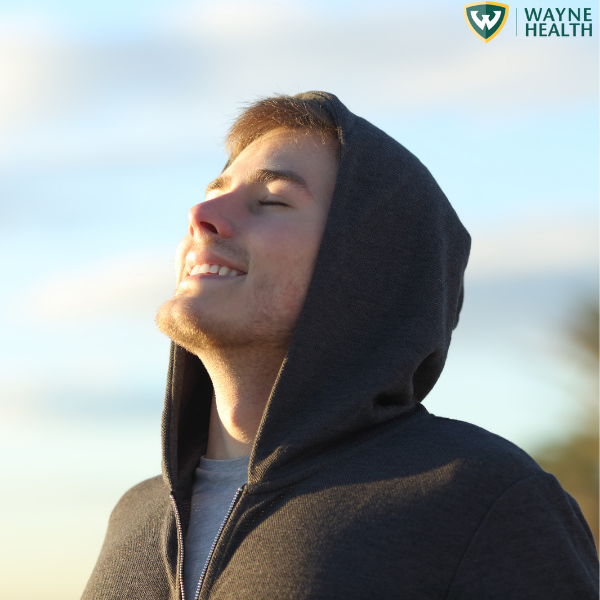Practicing mindfulness during a pandemic
January 25, 2022
By Ali Amirsadri, M.D., and Jason Wilkinson, PhD
The ongoing consequential uncertainty generated by the COVID-19 pandemic, plus the lack of cohesive global public health preparedness, confounded by perplexing or contradicting messages from scientists, politicians or media platforms has had a significant impact on the health and well-being of the global community.
Regardless of its causes, uncertain circumstances may generate a stress response. These reactions present themselves through activation of cascades of events stemming from an almond-shaped brain structure called the amygdala, which is our fear center, and by the hypothalamus, our metabolic neuroendocrine hub. It is the activation of these interconnected regions which hijack the brain’s function and create emotional reactions such as anxiety, anger, and or depressive responses.
In the presence of stressful stimuli, previously healthy outcomes may turn into negative emotional/behavioral health conditions. This phenomenon is more readily awakened in those with more genetic vulnerability, pre-existing symptoms, and individuals with increased exposure to negative life events. People do not respond similarly to challenging events. The difference comes not from circumstances but from interpretations, expectations, and perceptions. Such perceptions differ since belief systems vary. Based on our personal experiences, the brain writes a play and we become the actor and audience of our own script. And yes, many may have tragic responses to it.
Considering extensive research, it is known that if we attempt to live in the present moment and discover “now”, we may find our healthier Self, escape from emotional bonds, and reach an increased balanced life with more preferred outcomes.
To learn to live in the moment, practices such as mindfulness and meditation, deep breathing exercises, imagery and meditative movements have been credited, and are available anytime and practically anywhere. Plenty of resources can be found in specialty classes, seminars, retreats, the App Store, Google Play, YouTube, and their published materials. For example, free apps with significant positive feedback from our clients are: Calm, Tamarkoz, Aura and Insight Timer. Greatest benefits are achieved when purpose and commitment are applied.
To set up an appointment with Dr. Amirsadri, Dr. Wilkinson, or another Wayne Health provider, visit our appointment page or call (877) 929-6342.
